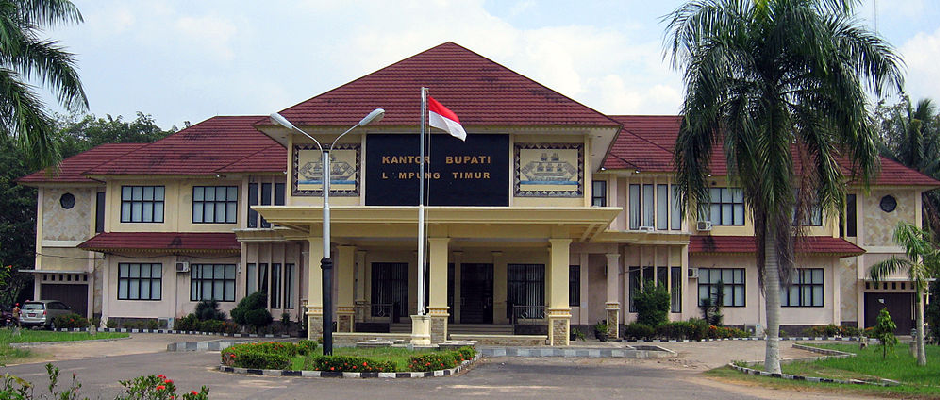
Indonesia’s Ministry of Home Affairs recently published a circular reminding all provincial, regional and municipal governments of the penalties for regional heads and councilors who fail to meet the deadline for the regional budget approval. The penalty is the freezing or suspension of financial entitlements — the salaries and allowances of governors, regents, mayors and councilors.
The penalty is only one example of a new chapter of intra-governmental relations. Under Law No.23/2014, local governments no longer have broad autonomy as before, which they enjoyed under Law No.22/1999 and Law No.32/2004. The central government’s authority is now stronger and more assertive, including mandates to dismiss renegade regional government leaders.
For 13 years relations between the central and regional governments have been tumultuous. The central government appeared weak, having only three instruments for controlling the regions: fiscal instruments, determining civil servant formations and general authority such as cancellation of local regulations.
Only in fiscal matters do local administrations seem obedient and disciplined enough to meet prerequisites and submit all reports required by the central government. Responding to the abnormal situation to date, Law No. 23/2014 introduces a number of measures aimed at correcting and rearranging decentralization so that governance of the public sector becomes more effective in the future. The revised law clarifies the assignment of functional responsiblities, by assigning responsibility for 24 functions to the local government level, including 6 responsibilities related to basic service delivery and 18 responsibilities not related to basic service delivery.
For the first time in the history of Indonesia’s regional autonomy, a law on local administration directly opens with articles related to the authority of the central government. While Indonesia has had seven laws on local government where the initial clauses always make arrangements about regional authority, this new law directly stresses the state’s presence through regulation of the central government’s authority.
Read the full article in the Jakarta Post:
http://www.thejakartapost.com/news/2014/12/22/overcoming-problems-new-autonomy-era.html
Or read Law 23/2014:
http://www.indolaw.org/UU/Law%20No.%2023%20of%202014%20on%20Local%20Government.pdf



